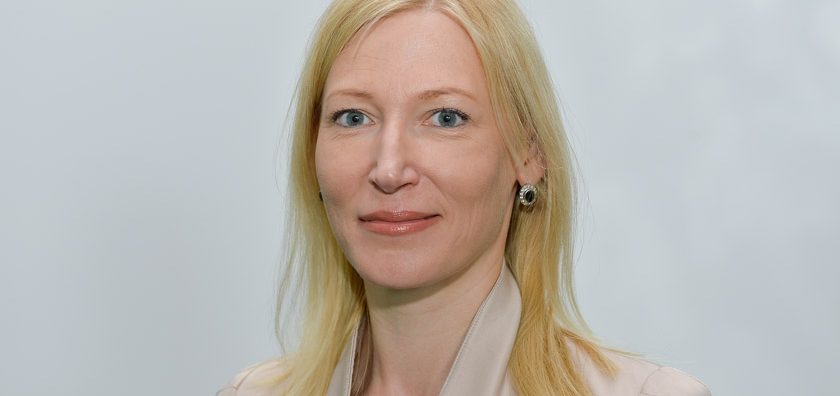
Viktoriją Mažeikienę (Edukologijos ir socialinio darbo institutas) birželio 22 dieną apgynusią disertaciją „Media literacy in higher education“ (liet. k. „Medijų raštingumas aukštajame moksle“) (edukologija, 07 S).
MEDIA LITERACY IN HIGHER EDUCATION
Due to the impacts of dense mediatisation of knowledge construction, learning and teaching, human behaviour patterns and ways of knowledge construction have radically changed. Media literacy allows one to search for, select, sort and critically evaluate quality of multimodal information and avoid being overwhelmed, lost, or misinformed amidst uncontrollable information flows under the conditions of information overabundance and information overload. The aim of the thesis is to construct a grounded theory of media literacy in higher education in order to account for university students’ actual use of multimodal media texts for learning and the related challenges imposed by heavily mediated environment of knowledge construction. The research methodology applied in this research is the constructivist grounded theory. The research results indicate that media literacy is directly related to major social practices of an individual (active citizenship, responsible creation of social relations, learning), conscious and purposive construction of knowledge, application of media literacy skills in daily activities acquired due to media education, a constant improvement of quality information search skills and a constant critical appraisal of all multimodal information and media that are employed in information search and knowledge construction. The Sandglass theory encompasses two conceptual categories – MORPHING and ANCHORING – that subsume multiple and diverse dimensions of literacy that is broad in terms of its scope (i.e. literacy is seen as essentially related to media literacy skills). The conceptual framework has been developed bearing in mind higher education settings in particular.